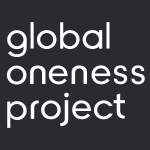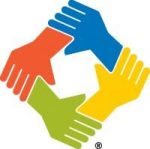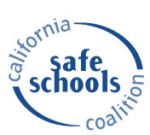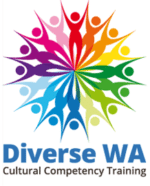Diversity, Equality, Cultural Competency
In this lesson, Identity and Intersecting Perspectives: Between the World and Me | MacArthur Fellows Program, students explore how our complex identities shape our understanding and experience of our world.
Use these Arthur activities to help children understand themselves and those around them. Topics include self-esteem, understanding others, and cultural diversity.
This toolkit is meant for anyone who feels there is a lack of productive discourse around issues of diversity and the role of identity in social relationships, both on a micro (individual) and macro (communal) level. Perhaps you are a teacher, youth group facilitator, student affairs personnel or manage a team that works with an underserved population. Training of this kind can provide historical context about the politics of identity and the dynamics of power and privilege or help build greater self-awareness.
GLSEN’s resources include educator guides, LGBT-Inclusive curriculum, and lesson plans on bullying, bias, and diversity.
ADL’s collection of K-12 curricula include timely lesson plans and multi-grade units that promote critical thinking and assist educators in teaching current events topics through the lens of diversity, bias and social justice.
The Global Oneness Project believe that stories play a powerful role in education. Founded in 2006, as an initiative of Kalliopeia Foundation, they are committed to the exploration of cultural, environmental, and social issues. They house a rich library of free multimedia stories comprised of our award-winning films, photo essays, and articles, accompanied by companion curriculum for teachers.
Teaching Tolerance is dedicated to reducing prejudice, improving intergroup relations and supporting equitable school experiences for our nation’s children.
We provide free educational materials to teachers and other school practitioners in the U.S. and Canada. Our self-titled magazine is sent to 450,000 educators twice annually, and tens of thousands of educators use our free curricular kits.
ACLU has been our nation’s guardian of liberty, working in courts, legislatures, and communities to defend and preserve the individual rights and liberties that the Constitution and the laws of the United States guarantee everyone in this country.
The National Education Association (NEA), the nation’s largest professional employee organization, is committed to advancing the cause of public education. NEA’s 3 million members work at every level of education—from pre-school to university graduate programs. NEA has affiliate organizations in every state and in more than 14,000 communities across the United States.
This blog entry on teachingdegree.org has information and resources about teaching equality in the classroom.
The Safe Schools Coalition offers resources as a starting point for educators, parents/guardians and youth.
From the Oregon State Department of Education, this website provides a variety of resources about cultural competency.







